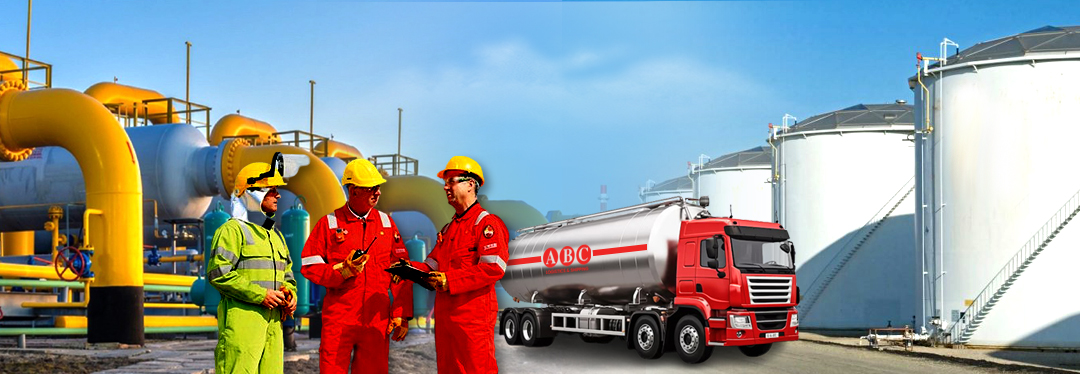


Automotive ABC Logistics in supply chain management refers to the process of managing the flow of vehicles, parts, and materials from suppliers to manufacturers, and then from manufacturers to distributors or dealerships, ultimately reaching the end customers. This process involves various activities such as transportation, warehousing, inventory management, and order fulfilment.
Automotive manufacturers rely on a network of suppliers to provide the necessary parts and materials for vehicle assembly. Suppliers may be located locally or globally. Effective communication and collaboration with suppliers are crucial to ensure the timely delivery of quality components.
Inventory management is essential to keep track of the parts and materials needed for production. Automotive logistics professionals use advanced software systems to monitor inventory levels, anticipate demand, and optimize stock levels to avoid shortages or excess inventory.
Transportation plays a critical role in automotive logistics. Parts and materials need to be transported from suppliers to manufacturing plants, and finished vehicles must be transported from plants to distribution centres or dealerships. Various modes of transportation such as trucks, trains, ships, and airplanes may be used depending on factors like distance, urgency, and cost considerations.
Warehousing facilities are used to store parts, materials, and finished vehicles temporarily before they are needed for production or delivery. Distribution centres are strategically located to efficiently serve dealerships and customers. These facilities must be well-organized to ensure quick retrieval and dispatch of items as needed.
Once vehicles are assembled, orders from dealerships or customers need to be fulfilled promptly. Efficient order processing and distribution ensure timely delivery and customer satisfaction.
Reverse logistics deals with the management of returned or defective parts, materials, or vehicles. This includes processes such as returns handling, repair, recycling or disposal.
Marine logistics services provide support for offshore activities such as oil and gas exploration, offshore construction, scientific research, and renewable energy projects. This includes vessel chartering, supply chain management and project cargo logistics.
The automotive logistics industry continually adopts new technologies and innovations to improve efficiency and reduce costs. This includes the use of automation, robotics, GPS tracking and data analytics to optimize routes, streamline operations, and enhance visibility across the supply chain.
Overall, effective automotive ABC Logistics in the supply chain requires coordination, collaboration and careful planning to ensure that parts, materials and vehicles are delivered to the right place, at the right time and in the right condition.